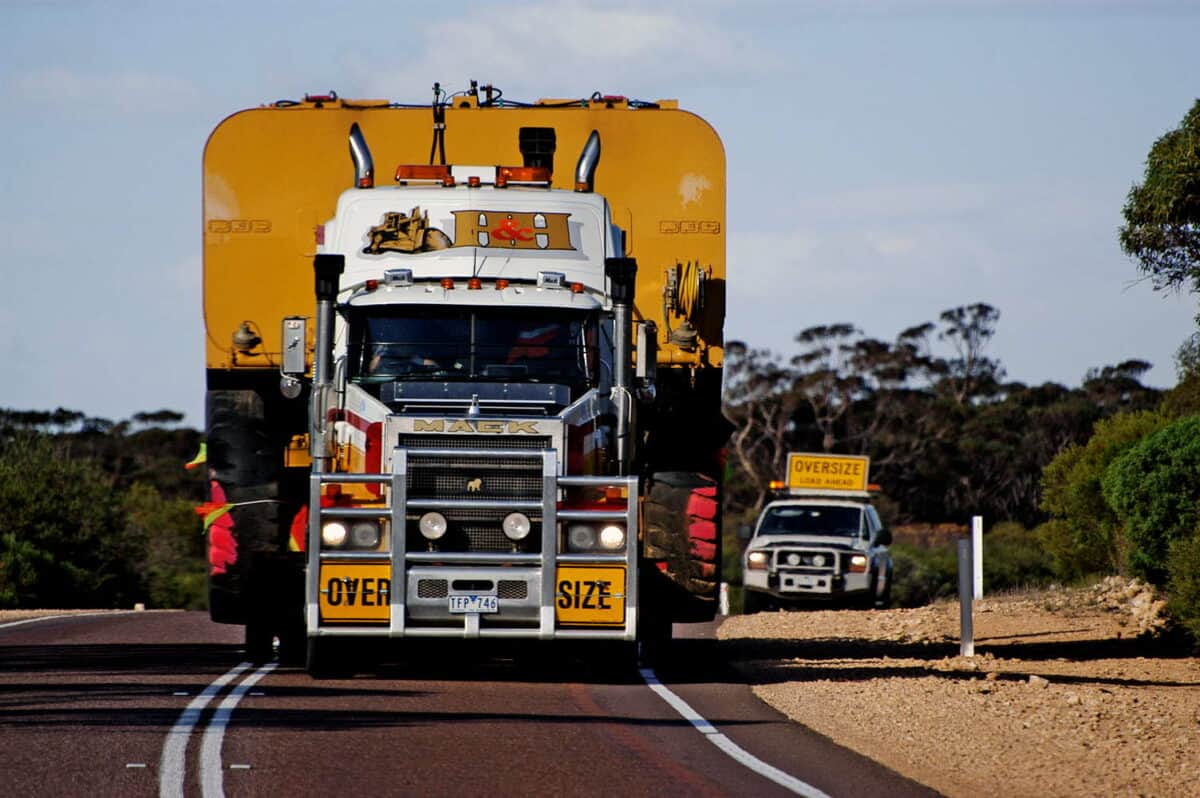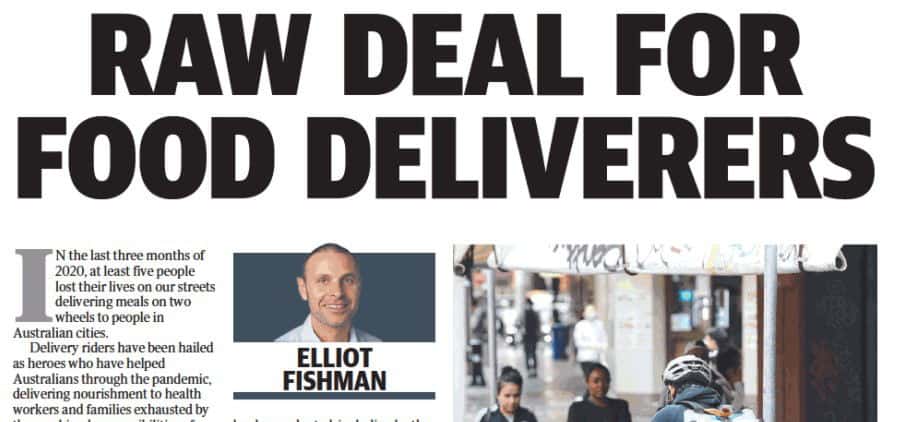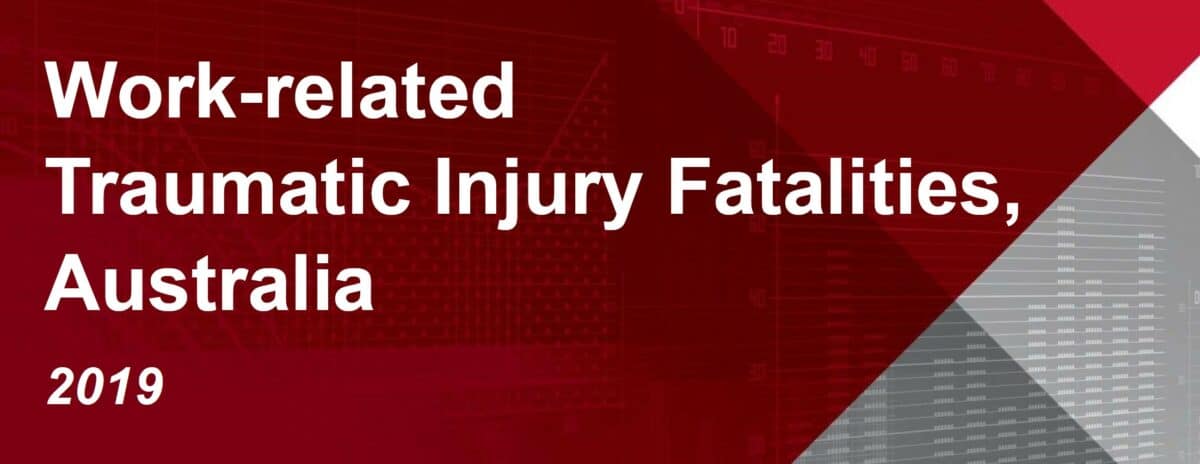Last week Australia’s Attorney-General, Christian Porter (Liberal Party), spoke of the occupational health and safety (OHS) of gig workers in the food delivery sector and illustrated a perspective that is less helpful than it could be.
Category: gig economy
Norms and culture continue to impede change in Australia’s transport sector
Australia’s heavy vehicle transport industry has been involved in arguing about workplace health and safety for decades. It is also one of those issues that have been largely dominated by anecdotal evidence, as shown by the recent Australian Senate Committee hearings into the “Importance of a viable, safe, sustainable and efficient road transport industry“, much to the detriment of the occupational health and safety (OHS) of the drivers, the public safety of other road users and the families of those who die in road incidents.
“safety theft” in the gig economy
An opinion piece by Dr Elliot Fishman, of the Institute for Sensible Transport published in the HeraldSun newspaper on January 3, 2021 mentions Industrial Manslaughter in relation to food delivery drivers. (The article appears to be unavailable online) The link is tenuous and seems outside of Dr Fishman’s main area of expertise, but that seems to be the nature of Industrial Manslaughter penalties, they pop up in all sorts of discussions, many unrelated to the point being made.
The point Dr Fishman seems to be making is that the delivery of food on two-wheeled vehicles is dangerous, as shown by recent deaths of several riders in Victoria and New South Wales, and he poses several questions and suggestions to improve the situation:
“exponential increase in mental injuries in the workplace” and other statements in a Victorian Parliament committee
Three years ago, WorkSafe Victoria indicated that it would consider prosecuting farmers for breaches of occupational health and safety (OHS) laws. That possibility seems to have disappeared based on the latest Minister for Workplace Safety’s appearance at the Public Accounts and Estimates Committee (PAEC).
Ingrid Stitt‘s appearance centred on questions related to the 2020-21 Budget Estimates and touched on Industrial Manslaughter, gig workers, mental health, and construction and farm safety.
Federal leadership misses State action
Australia’s Industrial Relations Minister and Attorney-General, Christian Porter, has popped up on occupational health and safety (OHS) issues several times in the last few weeks. It is fair to say that each time he has not really shone, partly due to political ideology and partly due to constitutional structures. Some of these barriers, the Minister can address.
As mentioned recently, several food delivery drivers have died. Minister Porter was asked specifically about one of these deaths, that of Chow Khai Shien, in Parliament by the Australian Labor Party’s Josh Burns. Porter said that he had talked to representatives of the Transport Workers Union about this type of work, but:
“One of the things that we discussed in that meeting was the fact—that is acknowledged, I think, inside the union—that occupational health and safety for those drivers is, not just predominantly, but essentially, a state based responsibility.”
Gig work changes that could save lives
The New South Wales government is conducting an inquiry into the gig economy, modern versions of precarious work. There has been five deaths of food delivery workers over the last few months and this has increased media attention on the Inquiry and the issues raised.
On November 28 2020, Joellen Riley Munton, Professor of Law at the University of Technology, Sydney spoke on the Australian Broadcasting Corporations’ AM Program. Out of all the recent media discussions on gig work, Munton’s seemed the most targeted on occupational health and safety (OHS).
Thanks, but we need more
Statistics are vital to any decisions about occupational health and safety (OHS). Safe Work Australia (SWA) does a great job providing statistical packages based on the data sources it can access. Last week SWA released its 2019 report on “Work-related Traumatic Injury Fatalities” which identified vehicle collisions as, by and large, the most common cause of worker fatalities. This category may be a surprise to many readers but perhaps the most important part of the report is what is omitted.




